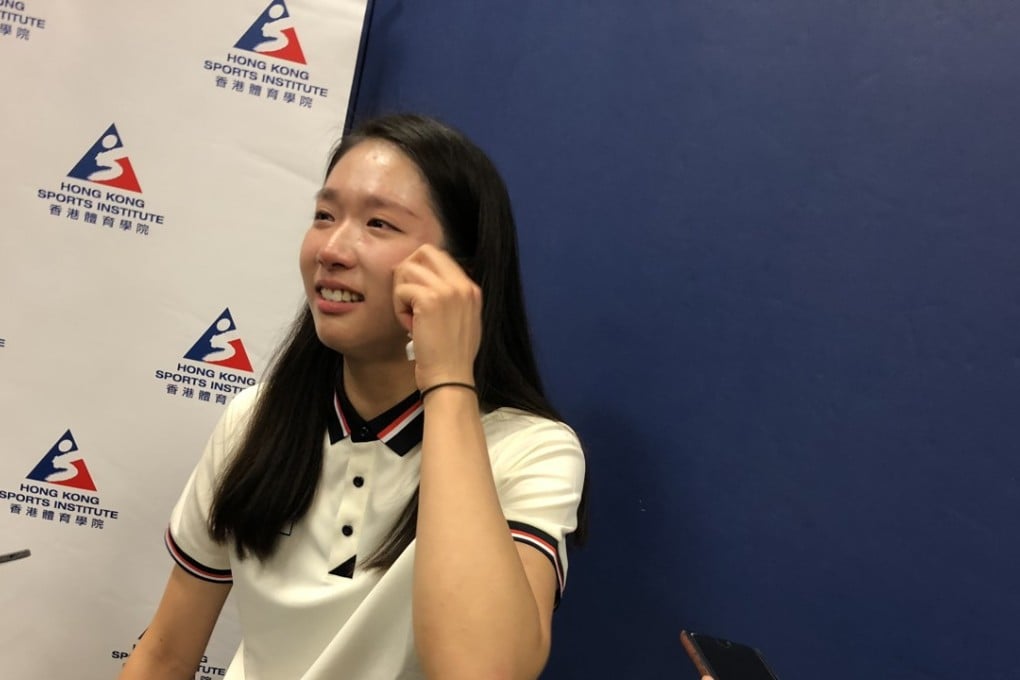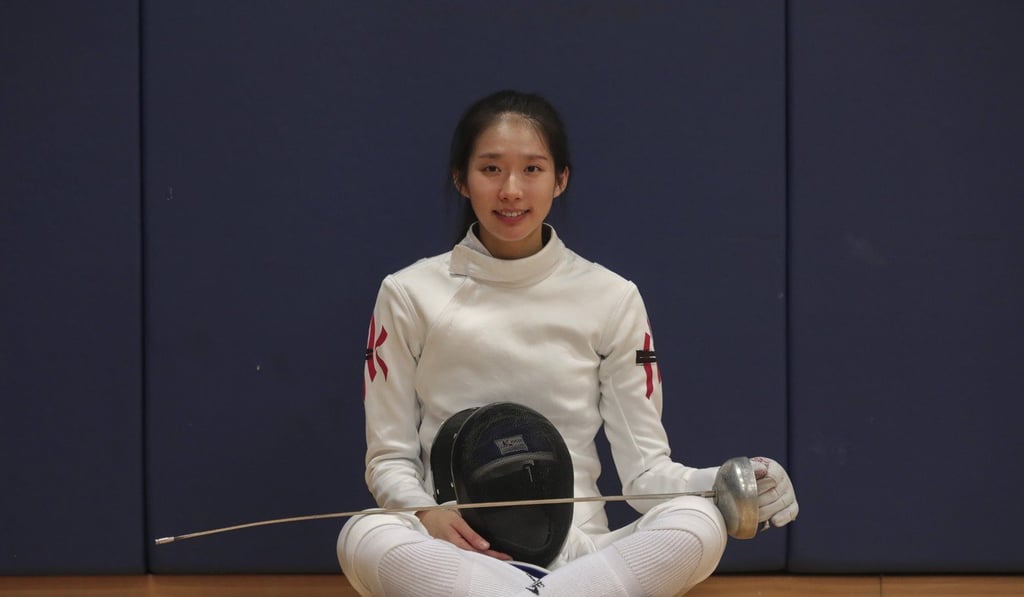Vegan vindication: Asian Games medallist’s switch to plant-based diet speeds recovery from serious injury, and boosts her training and results
Hong Kong fencer Vivian Kong had been thinking of turning vegan for years; a serious injury led her to adopt the diet, despite scepticism from athletes and her family. Suddenly she could train better, and in June she won gold at the Asian championships, then Asian Games bronze

Double medal-winning Asian Games fencer Vivian Kong Man-wai had thought about turning vegan for several years. It took a serious injury for her to take the plunge and adopt a plant-based diet – a lifestyle change she says played a big part in her recovery and return to the top of her sport.
In June, just a year after knee surgery to repair her anterior cruciate ligament, Kong became the first Hong Kong woman fencer to win a gold medal at the Asian Fencing Championships.
That isn’t the only change her injury brought about. Previously media-shy, the 24-year-old feels it is important to be more vocal about the changes she has made in order to continue competing.
“I can be an example to show it’s possible, and it’s more motivation for me to work harder, have better results, and tell my story about how eating plant-based foods made me better and made me feel better too,” she said in an interview at the Hong Kong Sports Institute before heading to Jakarta for the Asian Games, where she was flag bearer for the Hong Kong team.

Kong, who competes in the épée category, suffered her injury in 2017 during training overseas for the fencing world championships, when she made a jump, landed badly and saw her left knee buckle. An MRI revealed a serious anterior cruciate ligament injury.